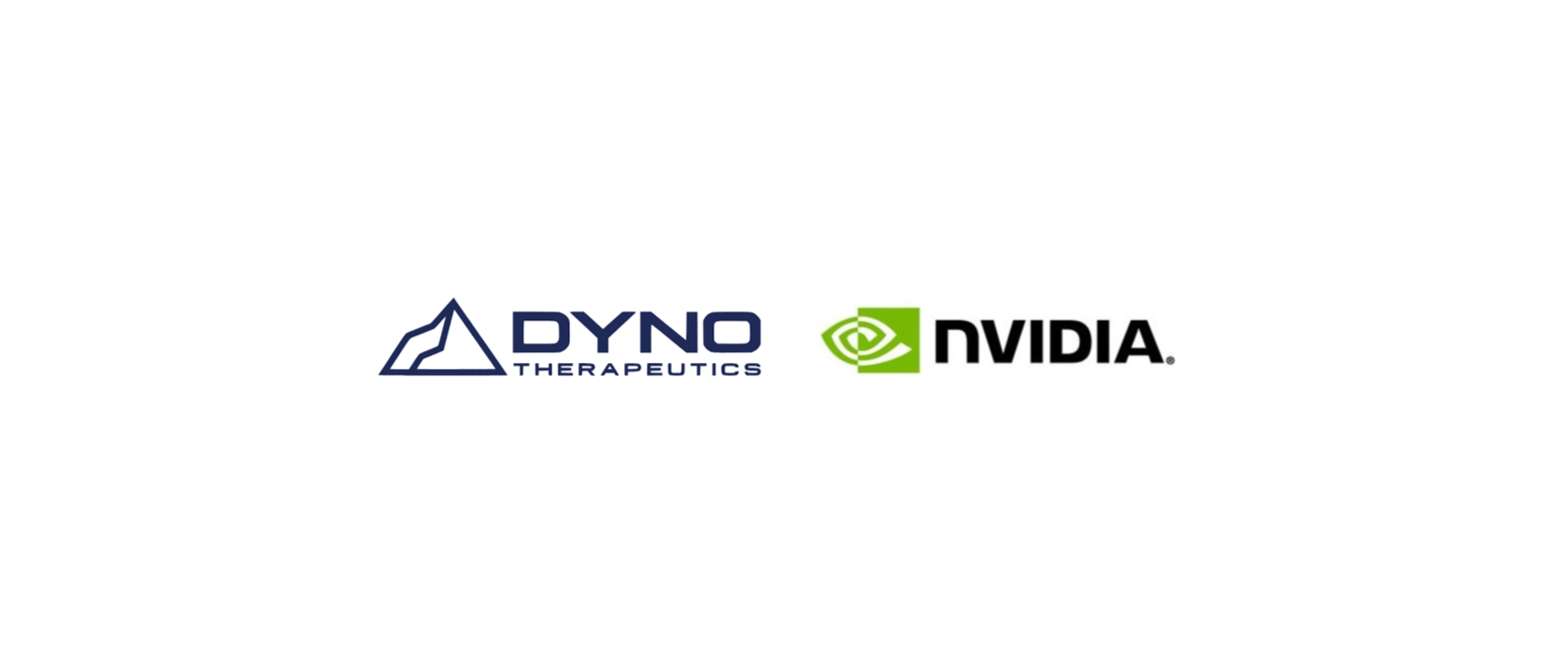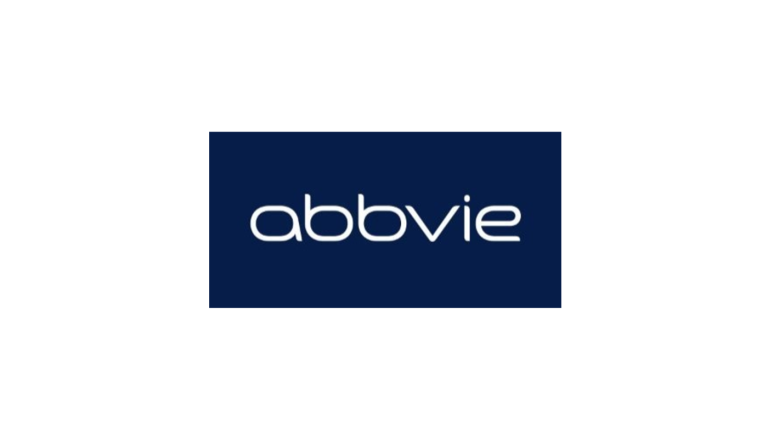Dyno Therapeutics announced a collaboration with NVIDIA to leverage Dyno’s field-leading artificial intelligence (AI) and in vivo experimentation capabilities, along with the built-to-scale NVIDIA BioNeMo AI-powered drug design platform, to help advance biological sequence design.
Everything life does is controlled by biological sequences: DNA, RNA, and proteins. The capacity to design these sequences can drastically improve outcomes in healthcare and technology. Over the past decade, Dyno has pioneered an AI-powered approach to sequence design, creating some of the first in vivo-validated biologics using generative AI.
Recently, Dyno’s proprietary generative AI methods yielded optimized capsid products that allow enhanced in vivo delivery of genetic therapies for Dyno’s partners, including the Dyno eCap™ 1 capsid in the eye and the Dyno bCap™ 1 capsid in the brain. Both have been validated through in vivo studies. Sequence-design algorithms become much more powerful when trained with appropriately large and diverse data sets and sufficiently fast and versatile computational resources. Dyno believes transformative sequence design capabilities can be brought within reach using its extensive proprietary datasets and the scale NVIDIA’s compute platform enables.
“For billions of years, Darwinian evolution has been the world’s most powerful sequence design algorithm, but the resulting gene and genome sequences represent only a slim fraction of what we now know is possible to achieve. For decades, bioengineering progress has advanced primarily through mimicking this process in the lab. Dyno has demonstrated that a new route is possible by combining AI with high-throughput molecular experimentation in a self-reinforcing learning loop,” said Eric Kelsic, Ph.D., founder and Chief Executive Officer of Dyno Therapeutics. “Our work with NVIDIA will massively scale and improve this capability so that we can rapidly navigate sequence space at a pace matching revolutionary advances in modern computation, creating transformative medicines that help many more patients.”
“One of the greatest impacts of generative AI is its ability to revolutionize life sciences and healthcare,” said Rory Kelleher, Global Head of Business Development for Life Sciences at NVIDIA. “NVIDIA’s collaboration with Dyno will optimize and scale high-performance biological sequence design, helping to dramatically accelerate the pace of drug discovery and development.”



